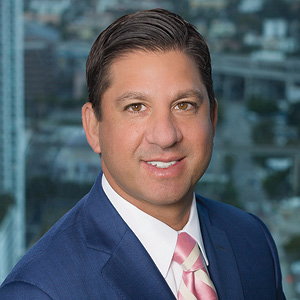Led by major U.S. publishers like Penguin Random House, a group of free-speech activists is suing Florida education officials over a state law they say allegedly bans “timeless classics” from school libraries, under the guise of censoring sexual or other explicit content.
Signed into law by Gov. Ron DeSantis on May 17, 2023, Florida’s education bill, H.B. 1069, requires school districts across the state to allow parents and other tax-paying residents to restrict children’s access to educational materials. Books deemed appropriate for children are approved at the discretion of Florida education officials, which the state Supreme Court said “may not be exercised in a narrowly partisan or political manner.”
Filed Aug. 29, the group’s suit claims that the Florida law violates viewpoint discrimination First Amendment rights by disproportionally banning race and gender identity books.
We all lose out when authors’ truths are censored."
Books deemed appropriate for children are approved at the discretion of Florida education officials, which the state Supreme Court said “may not be exercised in a narrowly partisan or political manner.”
The group says the book censorship law has created a “strict censorship” mentality in the state, leading to indiscriminately banning everything from “I Know Why the Caged Bird Sings” by Maya Angelou, to “Their Eyes Were Watching God” by Zora Neale Hurston to “Slaughterhouse-Five” by Kurt Vonnegut for allegedly being obscene literature.
Supporters of H.B. 1069 say the law was intended to better safeguard students from literary obscenities by giving individuals and families more control over their children’s education.
A representative for the State Education Department, Sydney Booker, called the group’s lawsuit “a stunt,” rather than a First Amendment defense.
“There are no books banned in Florida. Sexually explicit material and instruction are not suitable for schools,” said Booker.
This suit is just the latest in a string of recent legal fights over whether schools can ban books for allegedly containing themes of race, gender or sexual orientation.
Similar legal conflicts over appropriate reading material for children have surfaced in Texas, South Carolina and Pennsylvania, with Florida the epicenter for the cause.
The publishing companies behind the suit said they “do not seek to prevent Florida school districts from ensuring that school libraries do not contain obscene books” and are not calling for the entire law to be overturned, but for politics not to play such a commanding role in education.
One plaintiff in the suit, Mary Rasenberger, the chief executive of the Authors Guild, said the impact of the law spreads far beyond the immediate banning of books; in the future, it could have a “chilling effect” on the subject matter authors choose to tackle, she said.
“We all lose out when authors’ truths are censored,” said Rasenberger.






























